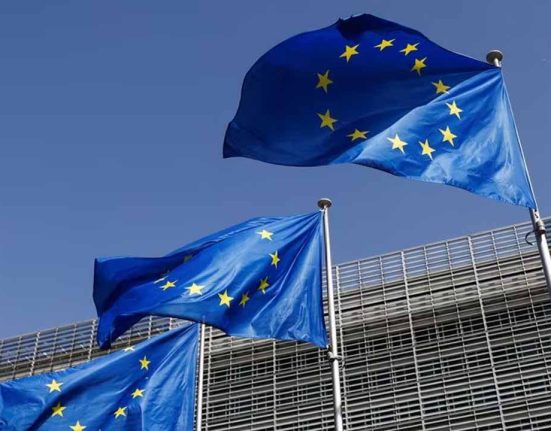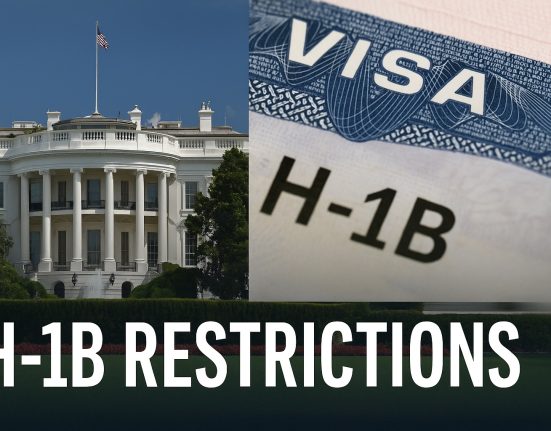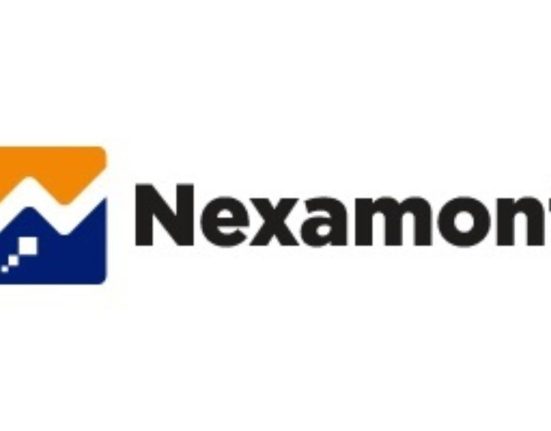ABUJA — In a strategic move aimed at enhancing private sector development and attracting foreign investment, Nigeria has officially joined the European Bank for Reconstruction and Development (EBRD), becoming the latest African nation to align with the multilateral financial institution.
The announcement was confirmed this week following the conclusion of formal accession procedures, positioning Nigeria as a shareholder in the EBRD and opening new avenues for developmental financing, technical cooperation, and private sector partnerships.
The EBRD, headquartered in London, was established in 1991 to support economic reforms and private sector growth in countries transitioning to open, market-oriented economies. While its operations have traditionally focused on Europe, Central Asia, and parts of the southern and eastern Mediterranean, the bank began expanding its engagement with African economies in recent years.
Nigeria’s entry into the EBRD family is expected to bolster access to international capital and advisory services tailored to the needs of private enterprises. This aligns closely with President Bola Ahmed Tinubu’s economic agenda, which prioritizes job creation, industrial expansion, and enhanced ease of doing business.
Minister of Finance and Coordinating Minister of the Economy, Mr. Wale Edun, described the development as a significant milestone in Nigeria’s ongoing economic reform efforts. “Our accession to the EBRD is not only symbolic of our commitment to global economic integration but also a concrete step toward unlocking opportunities for Nigerian businesses, especially in critical sectors like infrastructure, energy, agriculture, and financial services,” he said.
As a member country, Nigeria will now benefit from the EBRD’s vast pool of technical expertise, project financing tools, and a network of global investors. While the bank does not currently operate in sub-Saharan Africa, Nigeria’s membership lays the groundwork for potential future engagement in the region — a move that could attract broader investments into West Africa.
Economic analysts have welcomed the move, noting that it provides a new layer of confidence for investors watching Nigeria’s market trajectory amid ongoing macroeconomic reforms, subsidy removal, foreign exchange unification, and renewed infrastructure push under the Tinubu administration.
The EBRD has so far invested over €180 billion in more than 6,800 projects globally, with a focus on promoting entrepreneurship, innovation, sustainable development, and financial inclusion. With Nigeria’s vast population and entrepreneurial energy, stakeholders believe the partnership holds immense potential for mutual benefit.
For local businesses, especially small and medium enterprises (SMEs), the opportunity to tap into EBRD-backed programs could enhance productivity, improve governance structures, and connect them to regional and global value chains.
Nigeria’s entry into the EBRD is yet another signal of its readiness to take bold steps in repositioning its economy on the global stage — with the private sector at the heart of its growth story.







